Politics
Resilience and reconstruction of Ukraine: Call for expanded partnerships with Ukrainian municipalities
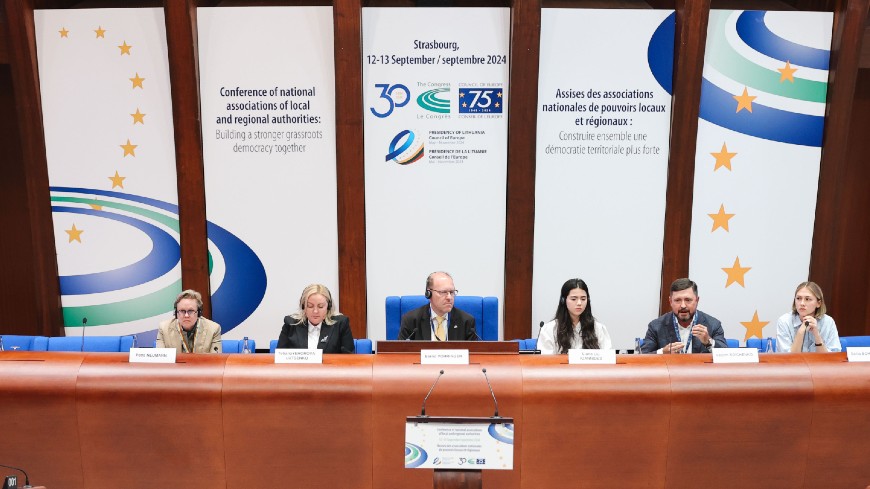
There is a need for expanding municipal partnerships and co-operation between Ukrainian and other European municipalities, and for sharing good practices of municipal support for rural and small communities to increase their resilience; European local authorities must also pass a common motion of support to Ukraine and against the Russian Federation and develop projects to support protection, recovery and reconstruction in Ukraine. The Congress should help to raise awareness of Ukrainian local authorities on how to make use of the Council of Europe’s Register of Damage for Ukraine, while donors – such as Ukraine Facility – should invest more in education, with a focus on youth, and in developing social housing for internally displaced persons (IDPs).
These were some of the conclusions from the round table on “Resilience, reconstruction and reform of Ukraine” held as part of the Conference of associations of local and regional authorities on 12 September 2024 in Strasbourg. During a highly solemn and emotional debate, the participants stressed that reconstruction and reform required new strategies, laws and capacities, as well as joint positions and dialogue, and that reconstruction was not only about infrastructure but also about recovering communities, reconstructing the social cohesion and restoring cultural heritage as a reflection of the Ukrainian identity. Ukrainian mayors had additional responsibilities due to the war as they had to address the needs of soldiers, residents and displaced persons while also working on reconstruction; and the Ukrainian young people suffered from multiple challenges due to the disrupted education and feelings of despair, anxiety or depression, highlighting the need for a public mental health system.
“As co-organisers of Ukraine Recovery Conference 2024 we continue our work to expand partnerships at local level, since municipalities do a lot for Ukraine’s reconstruction and recovery. Let us join efforts for every Ukrainian municipality to establish cooperation with a municipality from other European country,” underlined in her video message Svenja Schulze, Federal Minister for Economic Cooperation and Development of Germany. Vitali Klitschko, President of the Association of Ukrainian Cities (AUC) and Mayor of Kyiv, referred in his video message to the Concept for the Recovery of Local Self-Government in Ukraine, developed by his Association, stressing that “it is important that local self-government is preserved today and restored everywhere after our Victory”.
“As local self-governments, we see our key goal as bringing people back to Ukraine from abroad and restoring life in de-occupied territories, and your assistance is key to sustainable development for our communities. Together with international partners, we are launching the Community Recovery School, which will consolidate the best practices of post-war reconstruction and create a solid foundation for the recovery of Ukrainian communities,” said Vadym Boichenko, Mayor of Mariupol and Chair of the AUC Section on the Development of De-occupied and Temporarily Occupied Municipalities.
Tetiana Yehorova-Lutsenko, President of the Ukrainian Association of District and Regional Councils and Chair of the Kharkiv Regional Council, spoke of elaborating a national concept for the development of Ukraine’s regions based on regional strategies, which should become the foundation for Ukraine’s recovery and development. Petra Neumann, Legal Adviser in the Register of Damage for Ukraine, referred to an outreach strategy involving local and regional authorities.
Congress Youth Delegate from Ukraine Sofiia Bohdanova concluded the debate with the following words:“Young people in Ukraine hide everything inside. Far away. So deep. Because we understand that we can’t balance on the rope with baggage filled with doubts and fears. We go where we feel scared because we need to know what is waiting for us at the end of this rope.”
Politics
EU changes protection status of wolves in Europe

DISCLAIMER OPINIONS: The opinions of the authors or reproduced in the articles are the ones of those stating them and it is their own responsibility. Should you find any incorrections you can always contact the newsdesk to seek a correction or right of replay.
DISCLAIMER TRANSLATIONS: All articles in this site are published in English. The translated versions are done through an automated process known as neural translations. If in doubt, always refer to the original article. Thank you for understanding.
DISCLAIMER PHOTOS: We mostly used photos images that are readily available online, from free sources, or from the people promoting the news. If by any chance it happens that we have used one of your copyrighted photos, please do not hesitate to contact us and we will take it down without question. We do not make profits as this is a not for profit project to give voice to the voiceless while giving them a platform to be informed also of general news, and it is completely free.
Politics
Commission adopts Ocean Pact to protect marine life and strengthen blue economy
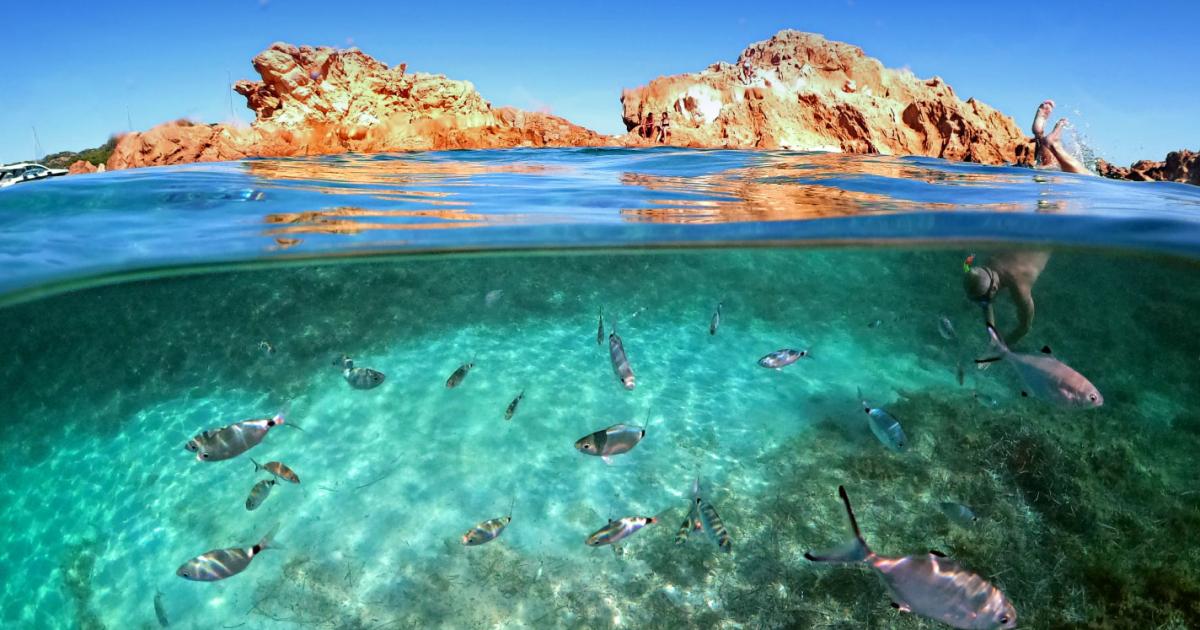


DISCLAIMER: Information and opinions reproduced in the articles are the ones of those stating them and it is their own responsibility. Publication in The European Times does not automatically means endorsement of the view, but the right to express it.
DISCLAIMER TRANSLATIONS: All articles in this site are published in English. The translated versions are done through an automated process known as neural translations. If in doubt, always refer to the original article. Thank you for understanding.
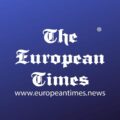
– Advertisement –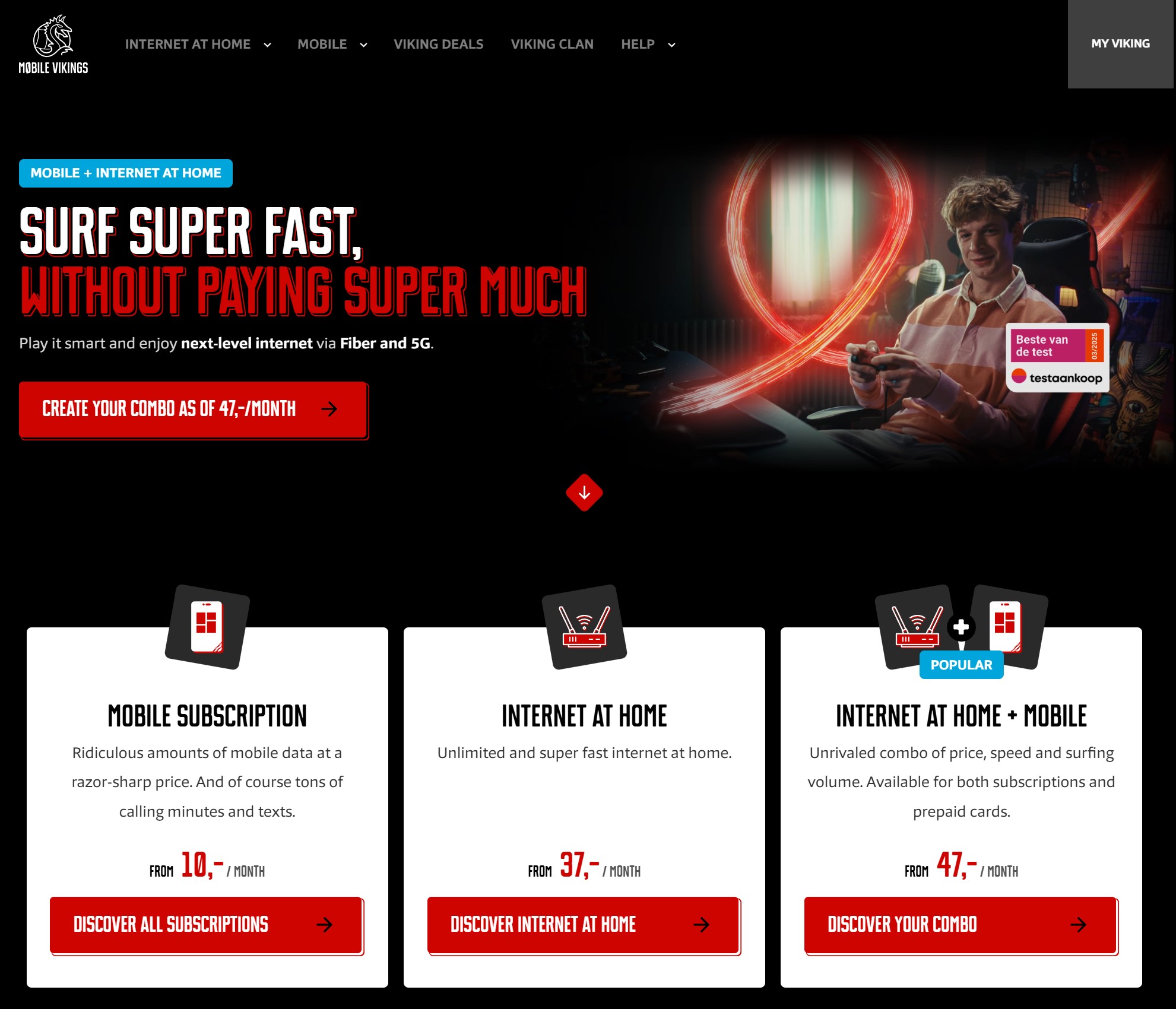
– Advertisement –
The ocean shapes our economies, our food systems, even the air we breathe. To better protect our ocean, the Commission has adopted a European Ocean Pact, which will help to promote a thriving blue economy and support the well-being of people living in coastal areas.
This Ocean Pact brings together EU ocean policies under one single and coordinated framework. It will do so through a collaborative approach between EU countries, regions, and stakeholders, including fishers, innovators, investors, scientists, and civil society. Six priority areas for action will define this work, namely
- protecting and restoring ocean health by supporting EU countries in their efforts to restore degraded coastal marine habitats
- boosting the competitiveness of the EU sustainable blue economy including by strengthening the EU’s maritime industry and by introducing a Blue Generational Renewal Strategy, to foster access to young professionals in marine research, ocean tech, and sustainable fisheries
- supporting coastal and island communities, and outermost regions by presenting new or updated strategies for these regions and communities
- enhancing maritime security and defence by strengthening EU coast guard cooperation and maritime border security
- advancing ocean research, knowledge, skills and innovation by proposing an ambitious EU Ocean Observation Initiative
- strengthening EU ocean diplomacy and international ocean governance by stepping up its fight against illegal, unreported and unregulated fishing
The European Ocean Pact will be complemented by an ocean act by 2027, which will help to ensure the implementation of the priorities of the pact. An EU Ocean Pact dashboard will be used to track progress.
For more information
Press release: Commission adopts European Ocean Pact for a healthy ocean, a competitive blue economy and thriving coastal communities
More information about the European Ocean Pact
Source link
More from the author
– EXCLUSIVE CONTENT –
Politics
The European Union and the Republic of Moldova confirm their strong partnership at the 9th EU-Moldova Association Council meeting
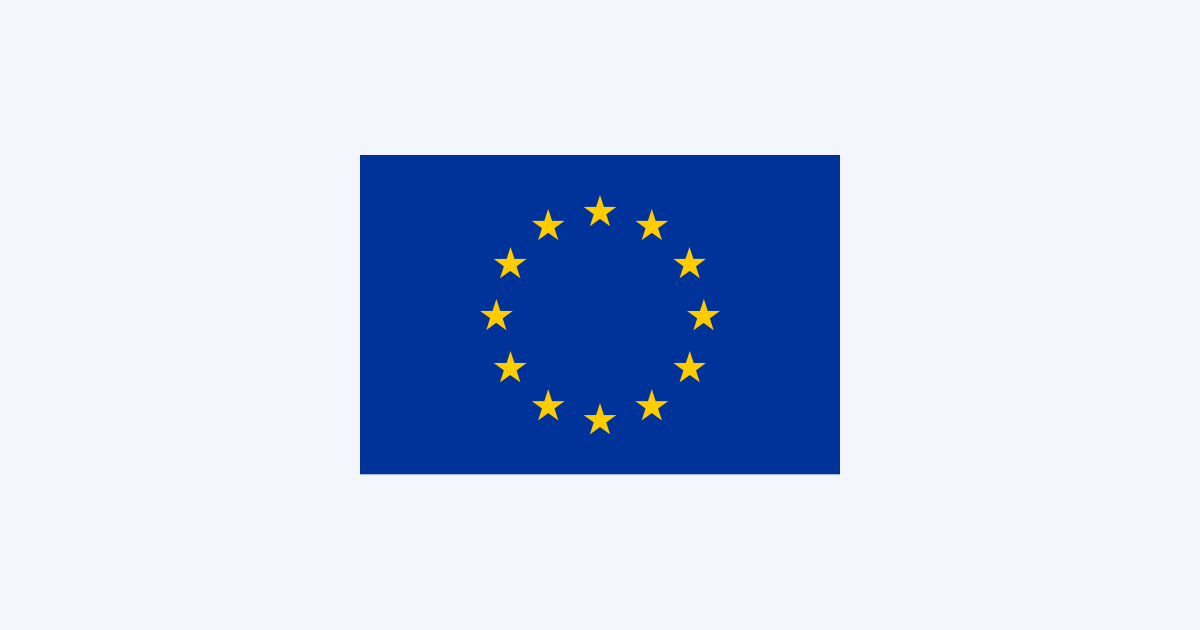

© FRVS+MPCP 2022. The European Times® News is registered as an EU Trademark. All rights reserved. The European Times® and the logo of The European Times® are EU trademarks registered by FRVS+MPCP.
Members/Partners of

About Us
Popular Category
DISCLAIMER OPINIONS: The opinions of the authors or reproduced in the articles are the ones of those stating them and it is their own responsibility. Should you find any incorrections you can always contact the newsdesk to seek a correction or right of replay.
DISCLAIMER TRANSLATIONS: All articles in this site are published in English. The translated versions are done through an automated process known as neural translations. If in doubt, always refer to the original article. Thank you for understanding.
DISCLAIMER PHOTOS: We mostly used photos images that are readily available online, from free sources, or from the people promoting the news. If by any chance it happens that we have used one of your copyrighted photos, please do not hesitate to contact us and we will take it down without question. We do not make profits as this is a not for profit project to give voice to the voiceless while giving them a platform to be informed also of general news, and it is completely free.
Editor Picks
-
EU & the World5 days ago
Aurora Borealis Forecast: Where & When to See the Northern Lights Tonight
-
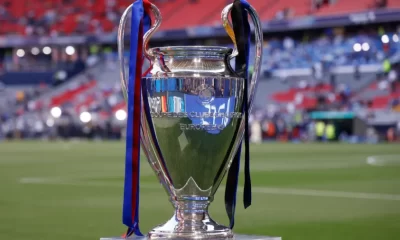
 Sports6 days ago
Sports6 days agoChampions League Final 2024-2025: PSG-Inter, official lineups
-
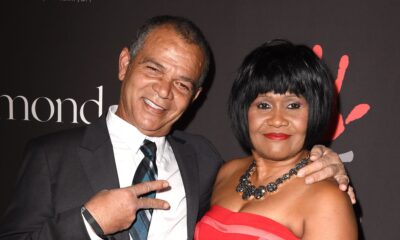
 EU & the World6 days ago
EU & the World6 days agoRihanna’s Parents: About Her Late Dad Ronald Fenty & Mom Monica Braithwaite
-
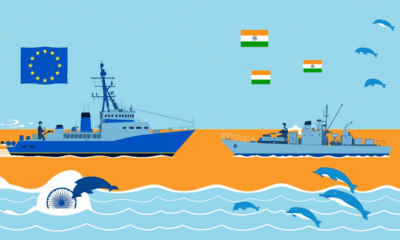
 Politics7 days ago
Politics7 days agoEU and India Forge Deeper Maritime Ties with Historic Joint Naval Exercise in the Indian Ocean
-

 EU & the World6 days ago
EU & the World6 days agoLoretta Swit’s Net Worth: How Much Money the ‘M*A*S*H’ Alum Had
-
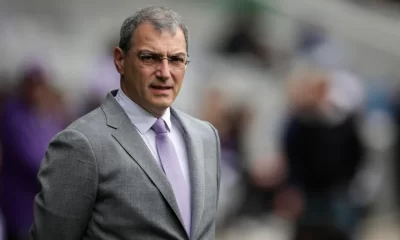
 Sports5 days ago
Sports5 days agoOfficial: Damien Comolli new general manager of Juventus.
-

 EU & the World7 days ago
EU & the World7 days agoHow Much Did Taylor Swift Pay for Her Masters? Find Out
-
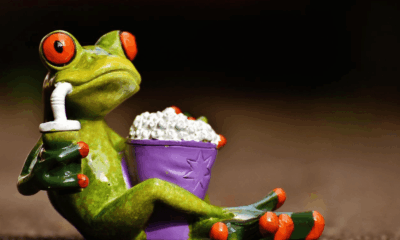
 EU & the World7 days ago
EU & the World7 days agoThe Best TV Binge Sessions Right Now (And What to Cozy Up With While You Watch)








